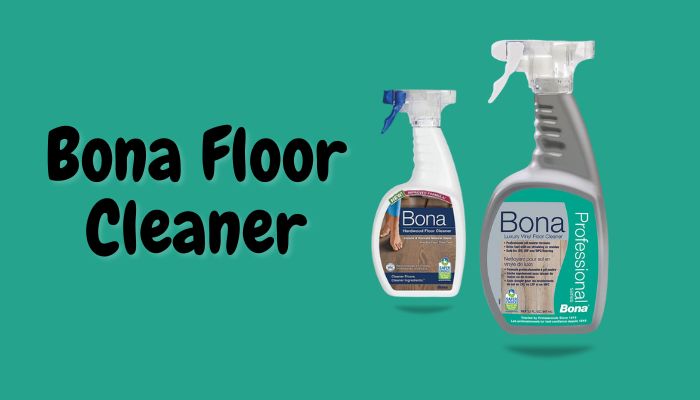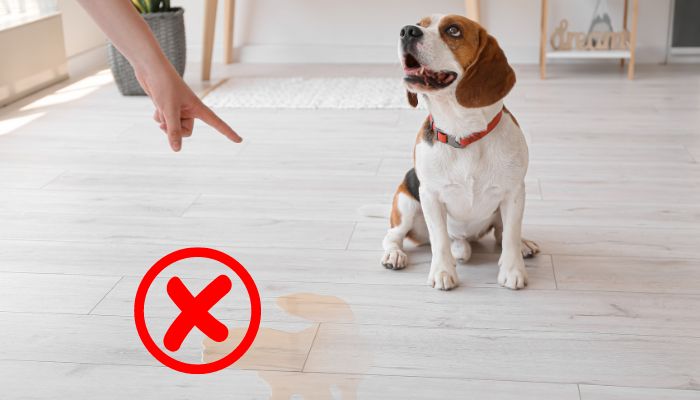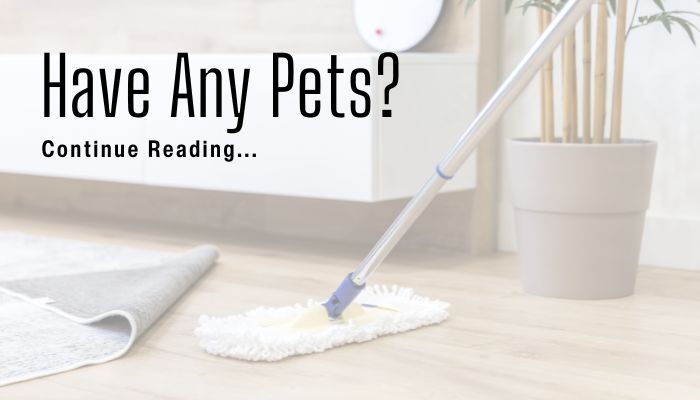Are you tired of spending time mopping your floors only to find them sticky afterward? It’s a frustrating and perplexing problem that many homeowners face. So, why are your floors sticky after mopping? In this article, we will explore the possible reasons behind this issue and provide you with effective solutions to restore the cleanliness and shine of your floors.
Residue from Cleaning Products
One common cause of sticky floors after mopping is the residue left behind by cleaning products. While cleaning solutions are designed to remove dirt and grime, using too much or not properly rinsing the floor can lead to a sticky film. This residue can accumulate over time, making your floors sticky and attracting more dirt.
Solution
Ensure that you are using the right amount of cleaning product as instructed on the label. Thoroughly rinse your floors after mopping to remove any remaining residue. Consider using eco-friendly or homemade cleaning solutions that are less likely to leave behind sticky residues.
Improper Mopping Technique
Believe it or not, your mopping technique could be contributing to the stickiness of your floors. Using too much water or not wringing the mop properly can leave excess moisture on the floor. When the water evaporates, it can leave behind a sticky residue.
Solution
Use a well-wrung mop to avoid excessive water on the floor. Pay attention to the type of flooring you have and follow the manufacturer’s recommendations for mopping techniques. If necessary, invest in a microfiber mop that can absorb excess water more effectively.
Dirty Mop or Cleaning Tools
Over time, mops and other cleaning tools can accumulate dirt, grime, and leftover cleaning product. If you continue to use a dirty mop, you may inadvertently spread this residue on your floors, making them sticky.
Solution
Regularly clean your mop and other cleaning tools after each use. If possible, opt for machine-washable mop heads that can be easily cleaned. Additionally, consider replacing your mop heads or cleaning tools if they are excessively worn out or damaged.
Hard Water Residue
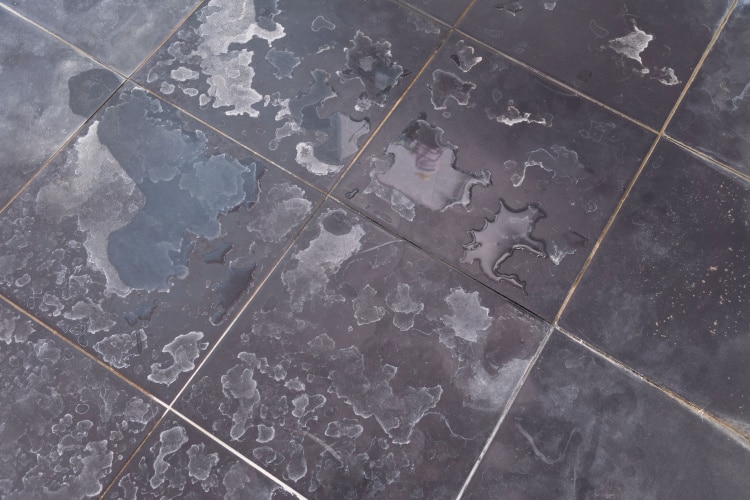
If you live in an area with hard water, the minerals present in the water can leave behind a sticky residue on your floors. This residue is often difficult to remove with regular mopping alone.
Solution
Use distilled water or a water softener in your mop bucket to minimize the impact of hard water on your floors. Consider using a vinegar and water solution to remove hard water stains and residue.
Additional Reasons
You’re using the wrong cleaning solution.
Not all cleaning solutions are created equal. Some are designed for specific types of floors, and using the wrong one can leave behind a sticky residue. If you’re not sure what type of cleaning solution to use, check the manufacturer’s instructions for your floor type.
You’re using too much cleaning solution.
It’s tempting to use a lot of cleaning solutions when you’re mopping, but this can actually make the problem worse. When you use too much cleaning solution, it can leave behind a film that makes your floors sticky.
You’re not wringing out your mop enough.
It’s important to wring out your mop well before you start mopping. If your mop is too wet, it can spread dirt and grime around, which can lead to sticky floors.
You’re not drying your floors after you mop.
After you’re done mopping, it’s important to dry your floors completely. If you leave them wet, the moisture can cause the floor finish to weaken, which can lead to stickiness.
Conclusion
Remember, maintaining clean and non-sticky floors requires regular upkeep and attention. By following the guidelines provided in this article, you can confidently overcome this issue and achieve the desired results. May your floors always shine with cleanliness and be a reflection of the care you put into your home.

![What Can You Use to Clean Laminate Floors? [Clean and Gleam in 2023]](https://bestcleaningtools.com/wp-content/uploads/2023/06/What-to-Use-to-Clean.jpg)
